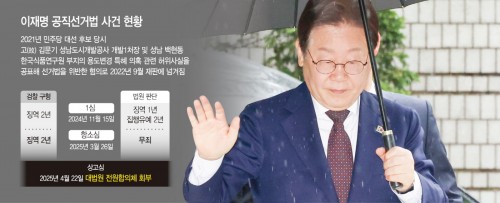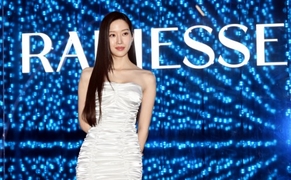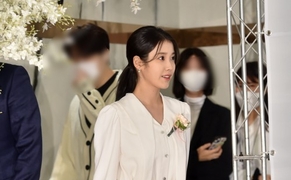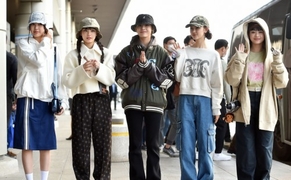 |
The Supreme Court of Korea has referred the appeal of former Democratic Party leader Lee Jae-myung’s public election law case to the full bench, initiating formal deliberations. Legal experts see this as an unusual move reflecting the seriousness of the case, with Chief Justice Cho Hee-dae himself deciding to skip the usual panel review and assign it directly to the en banc session. Some believe the court is accelerating the process in response to public criticism over judicial delays and their impact on public trust, especially with an early presidential election looming.
The Supreme Court’s full bench typically handles cases that may overturn existing precedents or carry major societal implications. Normally, a case reaches the en banc session only after disagreements within a smaller panel or when existing precedent requires reinterpretation. However, in this instance, the case bypassed the small panel stage entirely—a rare step that underscores its political and legal weight.
One factor behind this decision may be concerns that the case could entangle the four justices of a smaller panel in political controversy, especially after Lee’s legal team filed a motion to dismiss the presiding judges. “Given the political stakes, individual justices may feel considerable pressure, so assigning the case to the full bench could be a way to ease that burden,” said attorney Lim Moo-young.
Still, opinions vary on how soon the Supreme Court will deliver a verdict. According to the “6-3-3 rule” applied to public election law cases—six months for the trial court, three months each for the appeals and Supreme Court—a ruling is technically due by June 26. But many in the legal community say this timeline is unlikely. In most criminal appeals, it typically takes about a month just for judicial clerks to begin reviewing the case, followed by another month to prepare reports for the justices. This means it could take at least two months before the justices even start formal deliberations. Because the full bench requires all Supreme Court justices to participate, rulings tend to take longer than in smaller panels.
One former judge noted, “Even if the small panel had handled the case, meeting the three-month deadline would have been difficult. Referring it to the full bench could also be a way to spread responsibility, especially with the early election on the horizon.”
Attorney Lim added that while the Supreme Court appears to be trying to move swiftly, “a dissent from even one justice could delay the ruling significantly.”
Others, however, argue that the exceptional circumstances surrounding the June 3 presidential election could prompt an unusually fast ruling. “The Supreme Court doesn’t usually worry about deadlines and some cases can sit for three or four years,” said one legal source. “But that likely won’t be possible here due to the political context. There are no complex legal questions in this case—if the court wants to issue a ruling in May, it could. The appeals court ruling is weak, and a reversal and ruling on the merits by the Supreme Court is entirely possible.”
There is also speculation that the full bench may issue a ruling on whether Article 84 of the Constitution—which grants sitting presidents immunity from criminal prosecution—could be applied to trials that are already underway. If Lee wins the presidency, the court may need to determine whether the five ongoing trials against him should be suspended.
“A majority view in Lee’s camp is that a presidential win would pause all trials,” said one attorney based in Seocho-dong. “While some legal scholars support that view, opinions remain deeply divided. If the court takes a stricter interpretation, a suspension may be appropriate. But the issue is highly contentious, and this full bench session could be the first to deliver a definitive stance.”
Most Read
-
1
-
2
-
3
-
4
-
5
-
6
-
7





















